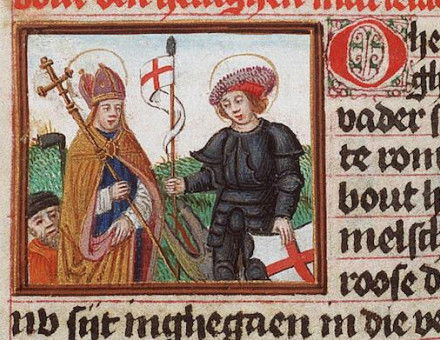Greek Odyssey
Simon Goldhill explains how he came to be hooked on Greek tragedy at an early age – and has stayed hooked.
I saw my first Greek play in 1973 on the night England failed to qualify for the World Cup, when they could not score against Poland. I stood in a dingy fish and chip shop near Waterloo Station and watched the last minutes. The newspapers were quick to use the word 'tragedy'... But what I had seen in the theatre made a more lastingly profound impression on me. The Bacchae of Euripides had been translated - or adapted - by the great African playwright Wole Soyinke, and had a chorus of semi-naked and wild dancing women (which made a predictably intense impression on an adolescent boy). The set of the Old Vic was hung with huge scarlet clotiis up into the flies, and at the moment when Dionysus calls for the destruction of Pentiieus' palace, the cloths fell to the ground revealing the theatre's bare bones behind. The play was overwhelming in its sensuous and physical intensity.





